Novak Djovokic on vaccines, grand slams and playing tennis for ‘many more years’
What the men’s world No.1 said in his interview with the BBC
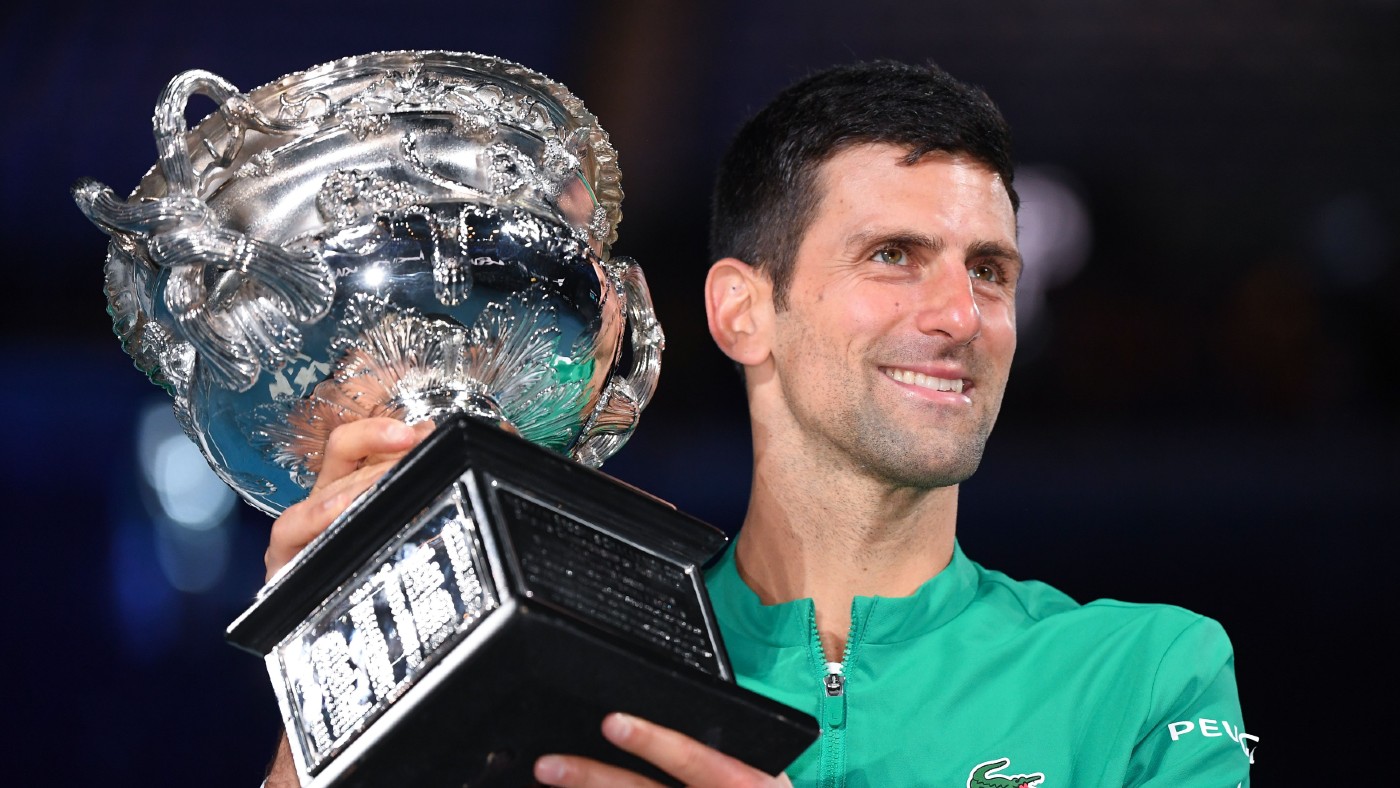
A free daily email with the biggest news stories of the day – and the best features from TheWeek.com
You are now subscribed
Your newsletter sign-up was successful
Tennis star Novak Djokovic has given his first major TV interview since being deported from Australia last month. The men’s world No.1 had travelled to Melbourne to defend the Australian Open grand slam title but his visa was cancelled over his Covid-19 vaccine status.
Speaking exclusively to the BBC’s Amol Rajan, the 34-year-old Serbian discussed a number of topics in the wide-ranging interview, including vaccines and playing future grand slams.
We pick out the big talking points from Novak Djokovic: The Amol Rajan Interview, which will be aired on BBC One and iPlayer at 8.30pm tonight.
The Week
Escape your echo chamber. Get the facts behind the news, plus analysis from multiple perspectives.

Sign up for The Week's Free Newsletters
From our morning news briefing to a weekly Good News Newsletter, get the best of The Week delivered directly to your inbox.
From our morning news briefing to a weekly Good News Newsletter, get the best of The Week delivered directly to your inbox.
‘I’m not anti-vax’
Djokovic confirmed to the BBC that he had vaccines as a child and was keeping his “mind open” about the possibility of being vaccinated in the future. “I was never against vaccination,” he said. “But I’ve always supported the freedom to choose what you put in your body. I understand that globally, everyone is trying to put a big effort into handling this virus and seeing, hopefully, an end soon to this virus.”
‘I take Covid very seriously’
In the interview, Rajan asked Djovokic about the sequence of events leading up to the Australian Open and how it was suggested that “it was convenient” how the player’s positive Covid case happened in time for him to be granted a medical exemption.
“I understand that there is a lot of criticism, and I understand that people come out with different theories on how lucky I was or how convenient it is,” he said. “But no-one is lucky and convenient of getting Covid. Millions of people have and are still struggling with Covid around the world. So I take this very seriously, I really don’t like someone thinking I’ve misused something or in my own favour, in order to, you know, get a positive PCR test and eventually go to Australia.”
‘The reason why I was deported’
Djovokic was “really sad and disappointed” with the way the whole saga ended in Australia. He said his vaccine status was not the reason why he was deported, but the possibility the situation would create an anti-vax sentiment down under.
A free daily email with the biggest news stories of the day – and the best features from TheWeek.com
“What people probably don’t know is that I was not deported from Australia on the basis that I was not vaccinated, or I broke any rules or that I made an error in my visa declaration,” he said. “All of that was actually approved and validated by the Federal Court of Australia and the Minister for Immigration. The reason why I was deported from Australia was because the Minister for Immigration used his discretion to cancel my visa based on his perception that I might create some anti-vax sentiment in the country or in the city, which I completely disagree with.”
‘The price that I’m willing to pay’
Rafael Nadal’s victory in Melbourne was the Spaniard’s 21st career grand slam title – he is now one ahead of his “big three” rivals, Djokovic and Roger Federer. When asked by Rajan if he would pull out of major events such as Wimbledon and the French Open because of his vaccine stance, Djokovic said that’s “the price that I’m willing to pay”.
Djokovic hopes that vaccination requirements in certain tournaments would change as he wants to play “for many more years”. However, he would forego the chance to become statistically the greatest male tennis player of all time because he felt so strongly about the situation, the BBC reported. He said: “The principles of decision making on my body are more important than any title or anything else.”
-
 Quiz of The Week: 7 – 13 February
Quiz of The Week: 7 – 13 FebruaryQuiz Have you been paying attention to The Week’s news?
-
 Nordic combined: the Winter Olympics sport that bars women
Nordic combined: the Winter Olympics sport that bars womenIn The Spotlight Female athletes excluded from participation in demanding double-discipline events at Milano-Cortina
-
 Samurai: a ‘blockbuster’ display of Japanese heritage
Samurai: a ‘blockbuster’ display of Japanese heritageThe Week Recommends British Museum show offers a ‘scintillating journey’ through ‘a world of gore, power and artistic beauty’
-
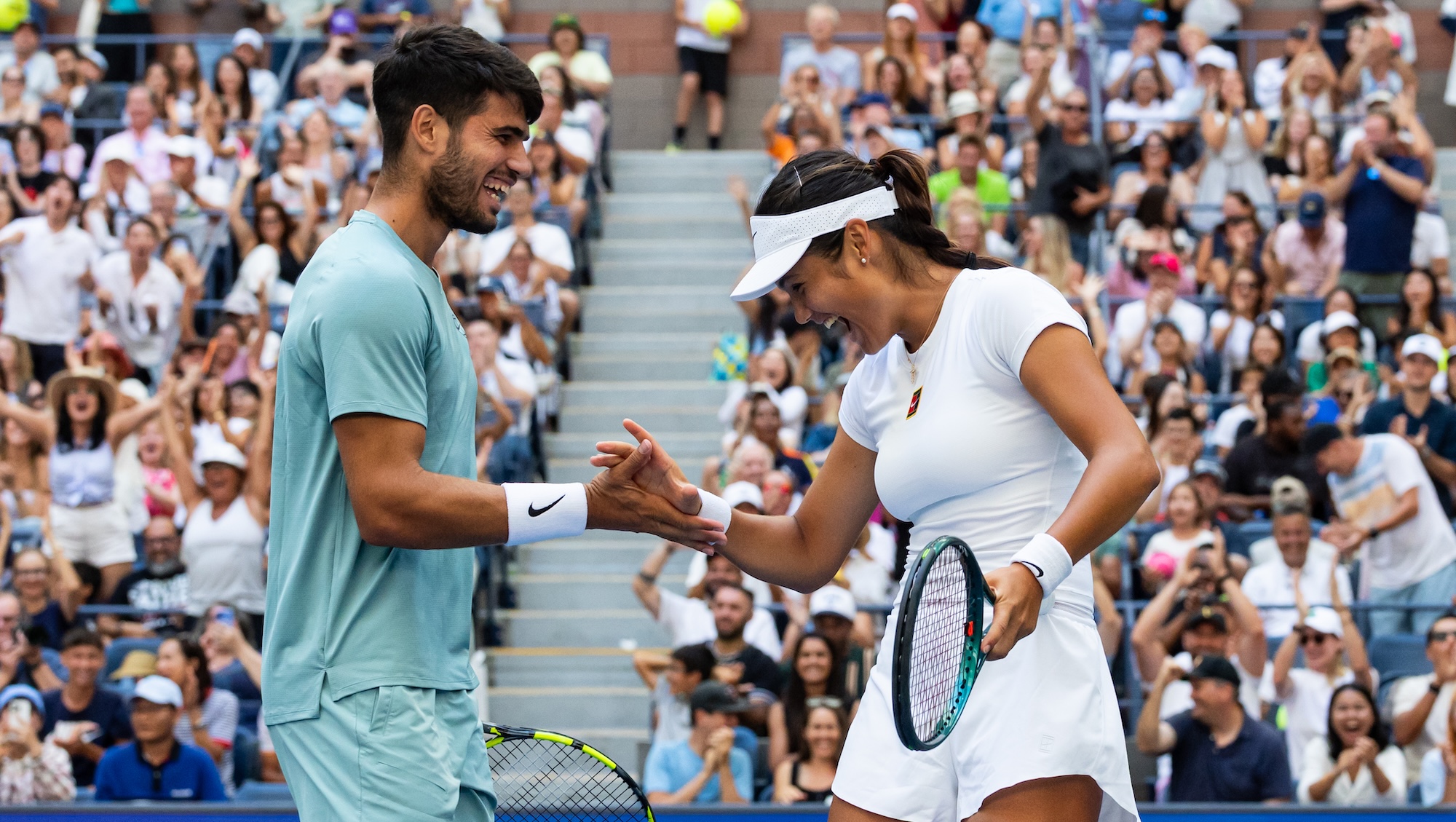 The US Open's controversial 'superstars' doubles format
The US Open's controversial 'superstars' doubles formatTalking Point New shortened competition attracts star pairings and bigger audiences to grand slam tennis event
-
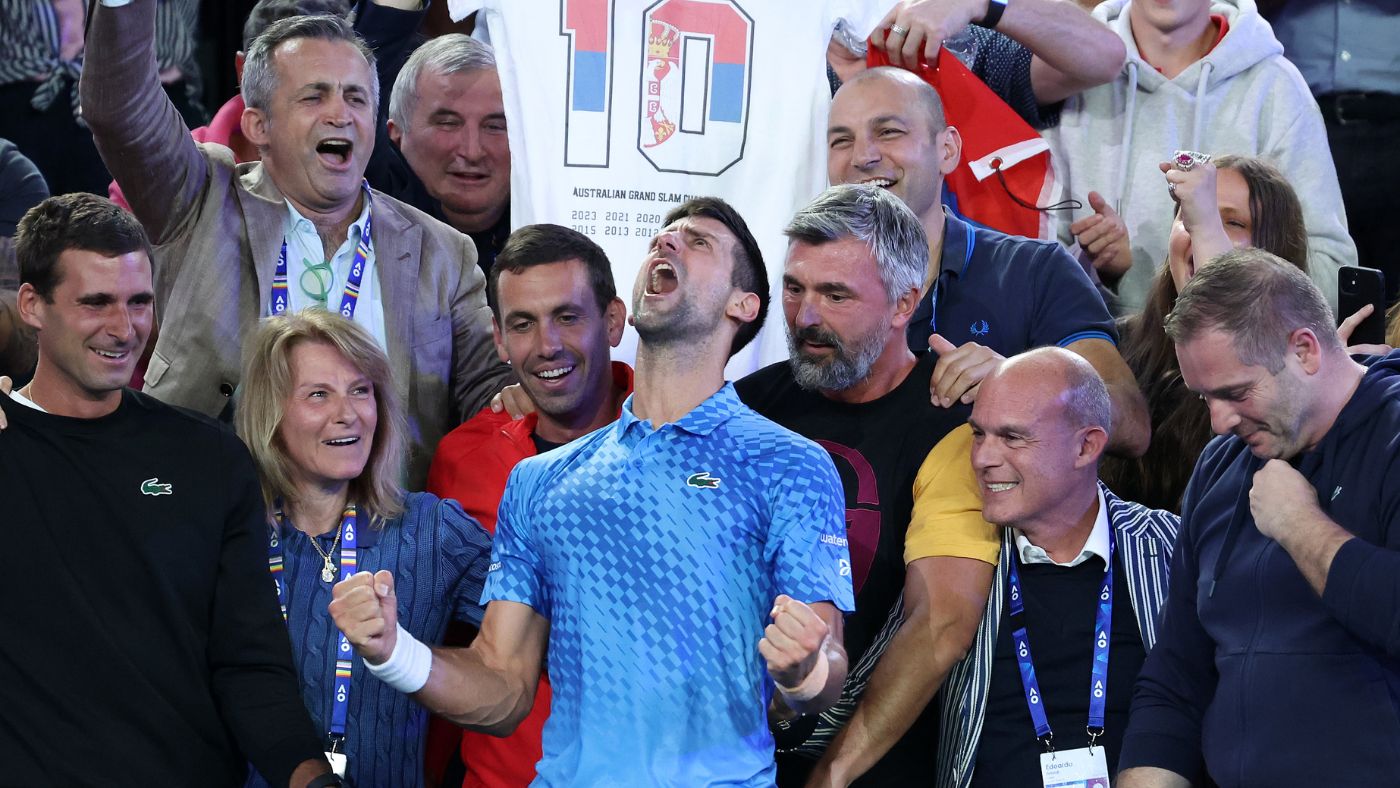 Novak Djokovic is now ‘surely unrivalled’ in tennis history
Novak Djokovic is now ‘surely unrivalled’ in tennis historyTalking Point Serb’s ‘biggest victory’ saw him make history once again in Australia
-
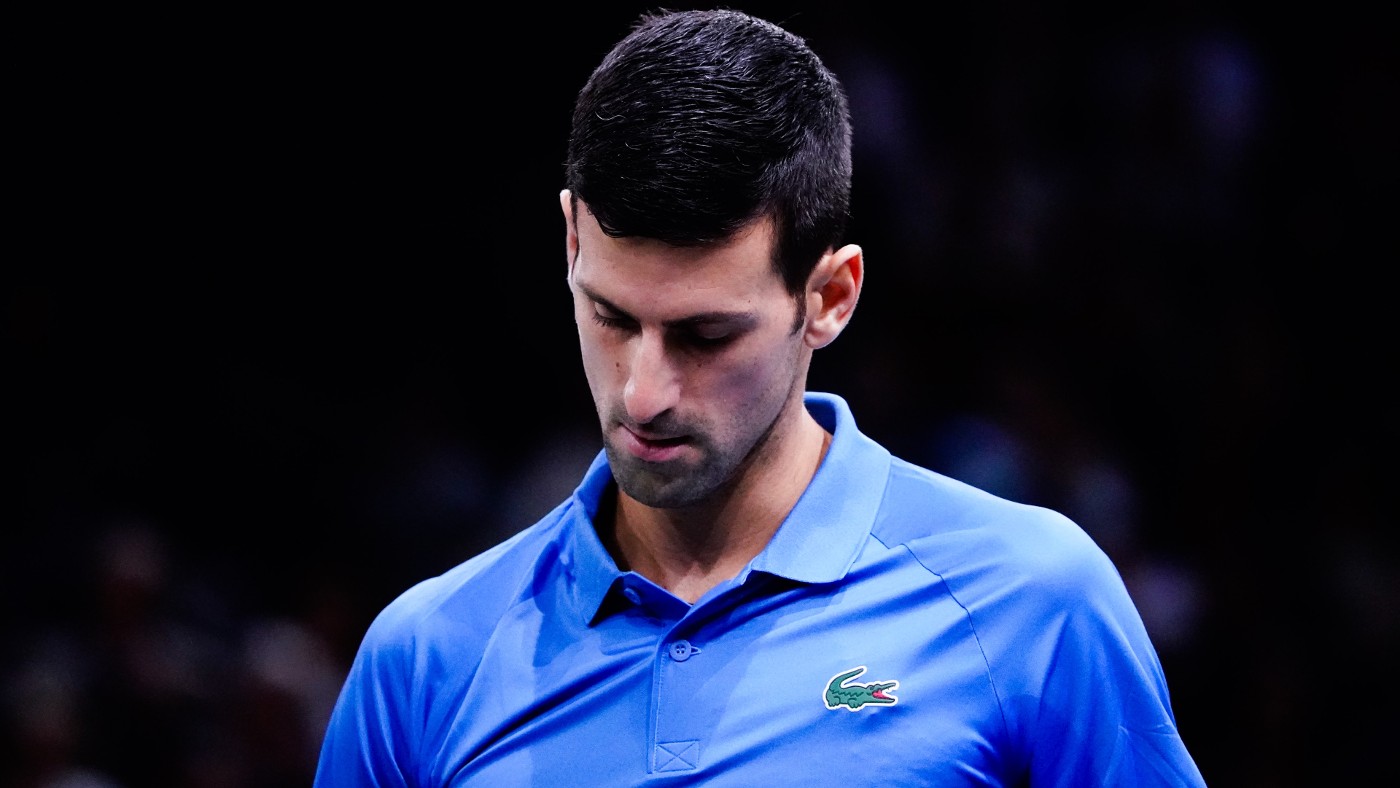 Novak Djokovic’s dad and the pro-Putin ‘Night Wolves’
Novak Djokovic’s dad and the pro-Putin ‘Night Wolves’Talking Point Australian Open episode ‘reflects sense of brotherhood’ between Serbia and Russia
-
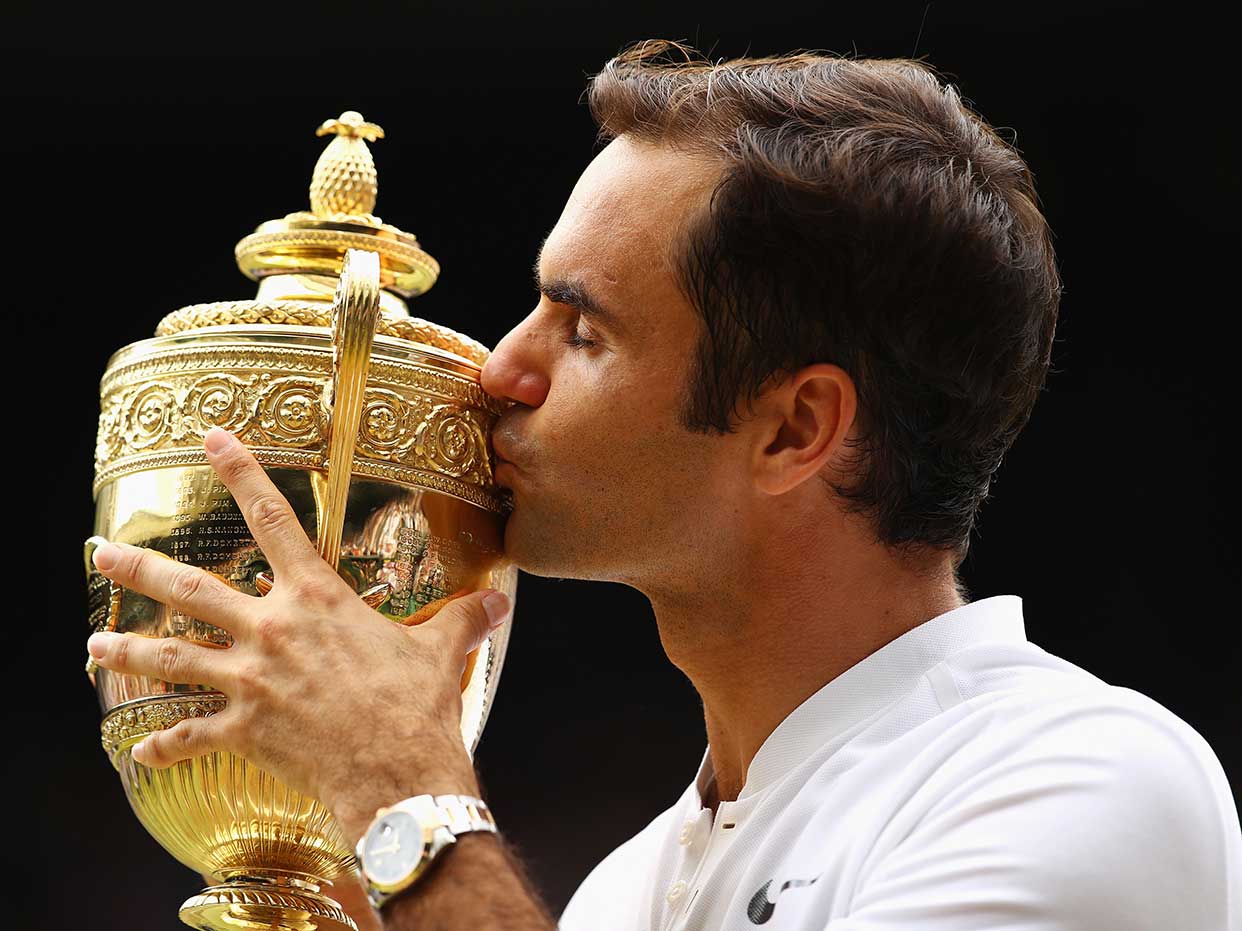 Roger Federer and the ‘GOAT’ debate
Roger Federer and the ‘GOAT’ debateTalking Point Tennis luminaries line up to declare the Swiss the greatest of all time
-
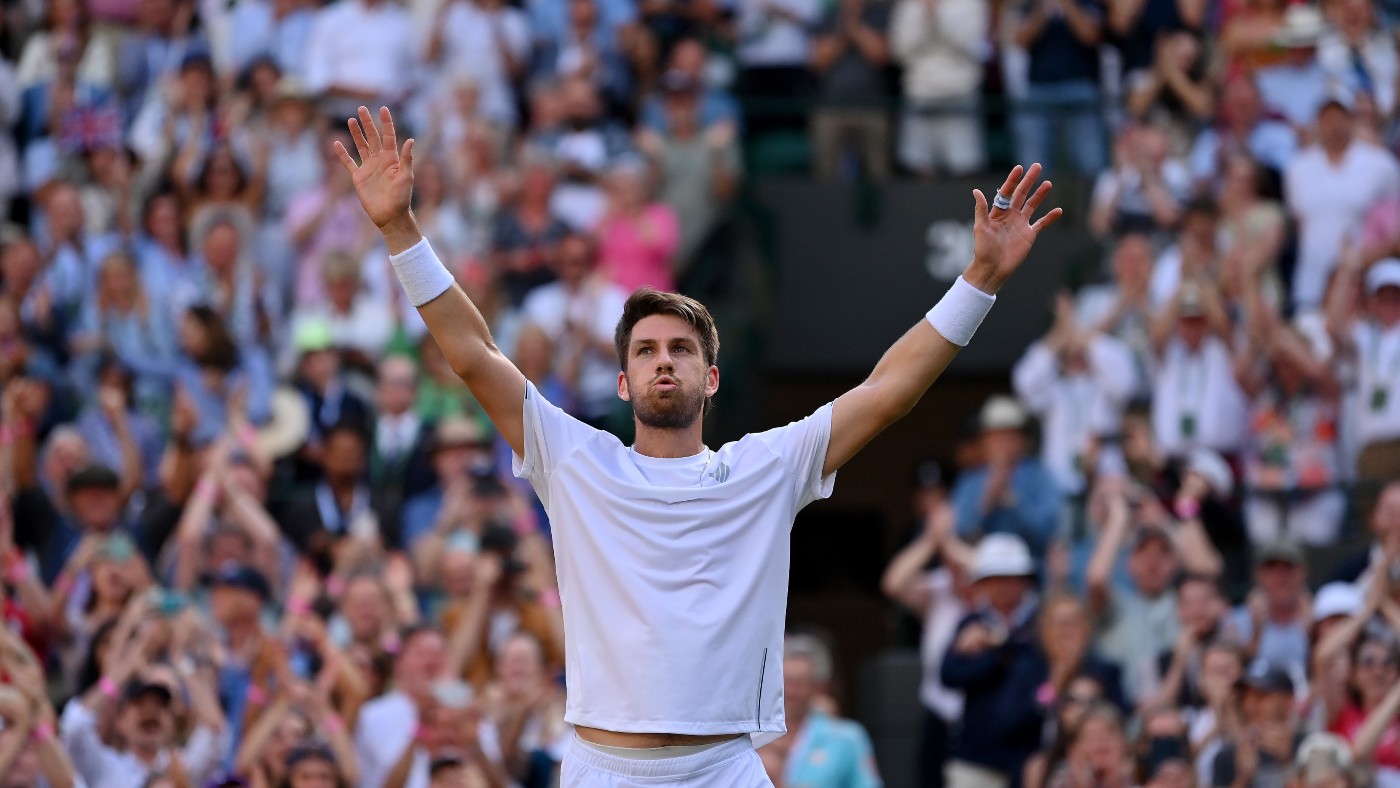 Novak Djokovic vs. Cameron Norrie: Wimbledon semi-final preview and predictions
Novak Djokovic vs. Cameron Norrie: Wimbledon semi-final preview and predictionsfeature Can the British No.1 stun the defending champ and reach Sunday’s final?
-
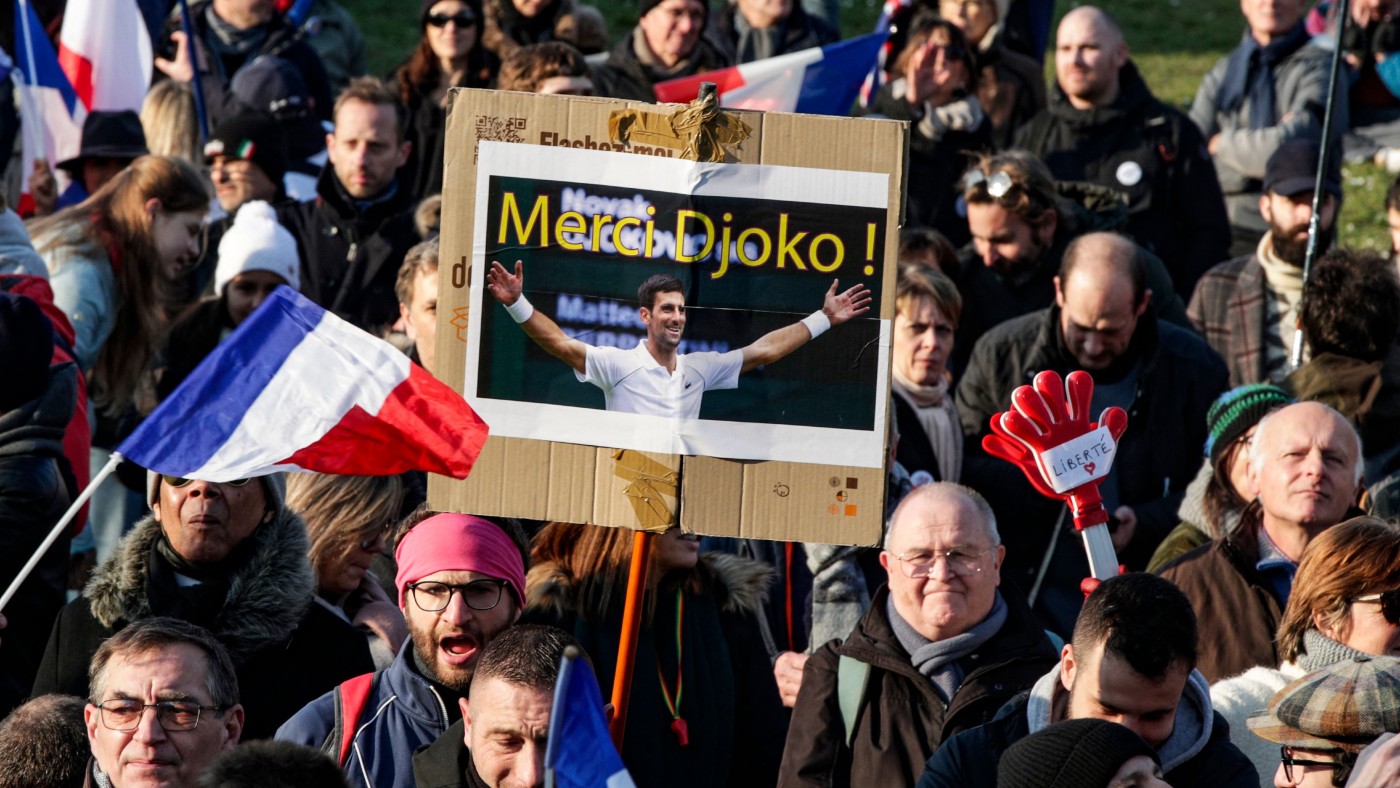 Novak Djokovic: a poster boy for anti-vaxxers?
Novak Djokovic: a poster boy for anti-vaxxers?In the Spotlight The reaction to his deportation from Australia was ‘predictably polarised’
-
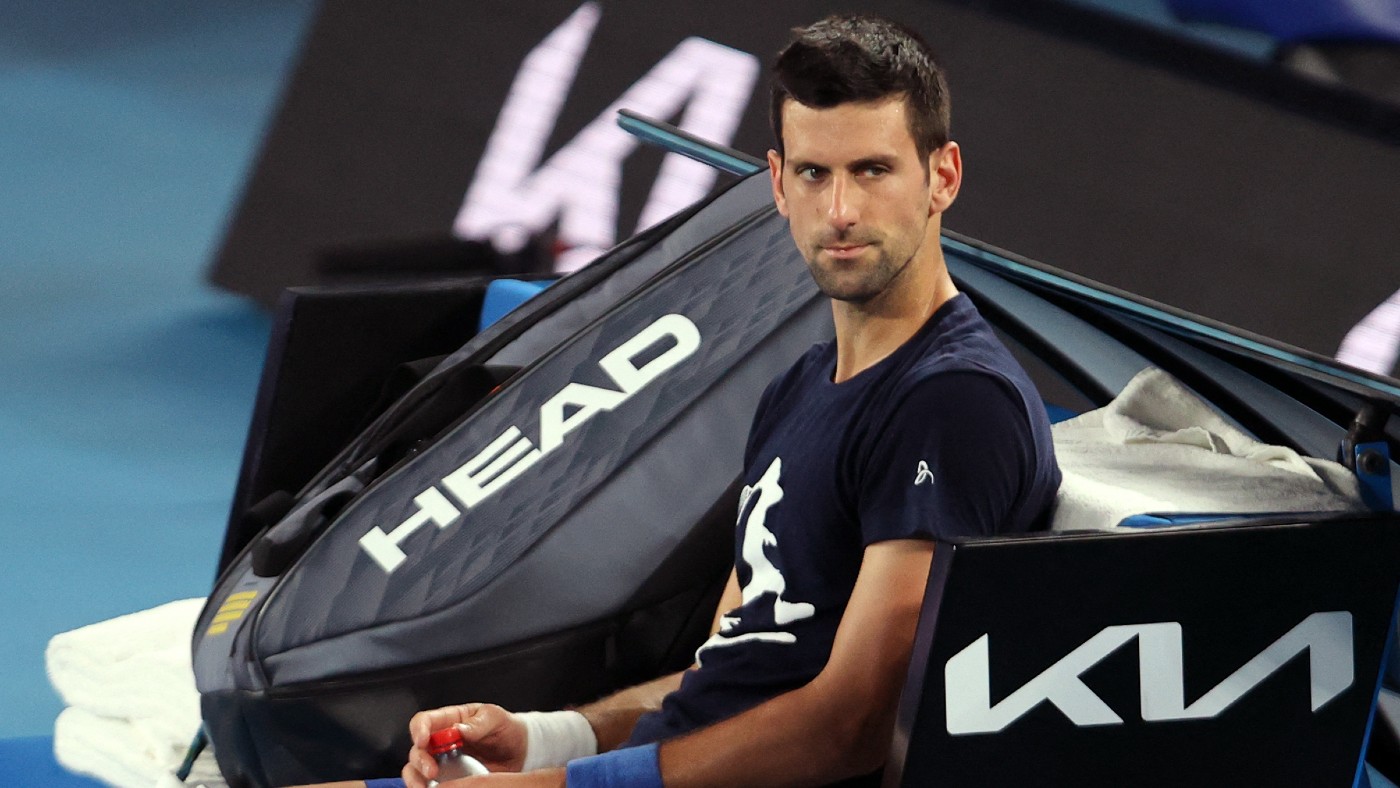 Novak Djokovic visa saga: game, set, match to Australian immigration?
Novak Djokovic visa saga: game, set, match to Australian immigration?feature Defending champion’s visa is re-cancelled by the country’s immigration minister
-
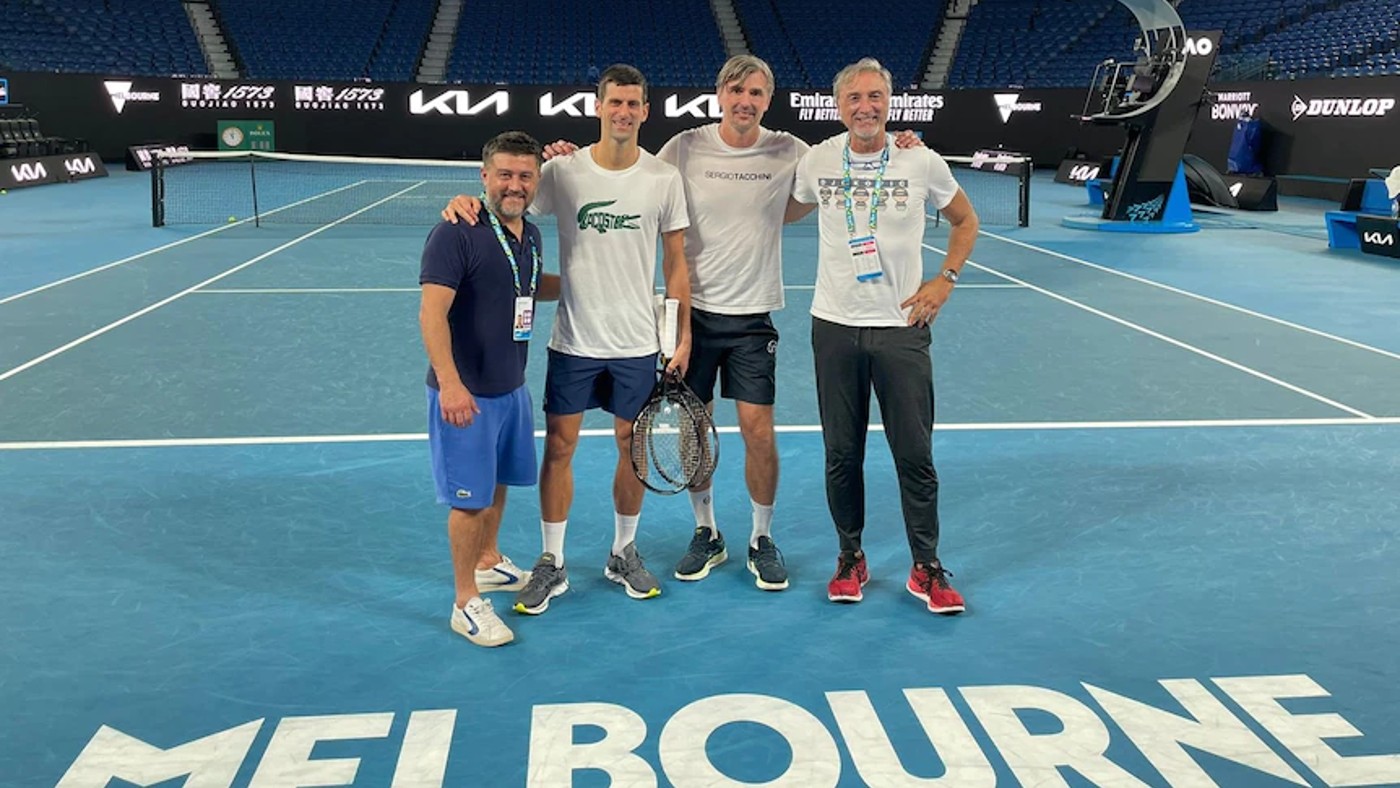 Back on court: what next for Novak Djokovic in Australia?
Back on court: what next for Novak Djokovic in Australia?feature World No.1 won his appeal but could still face more visa issues